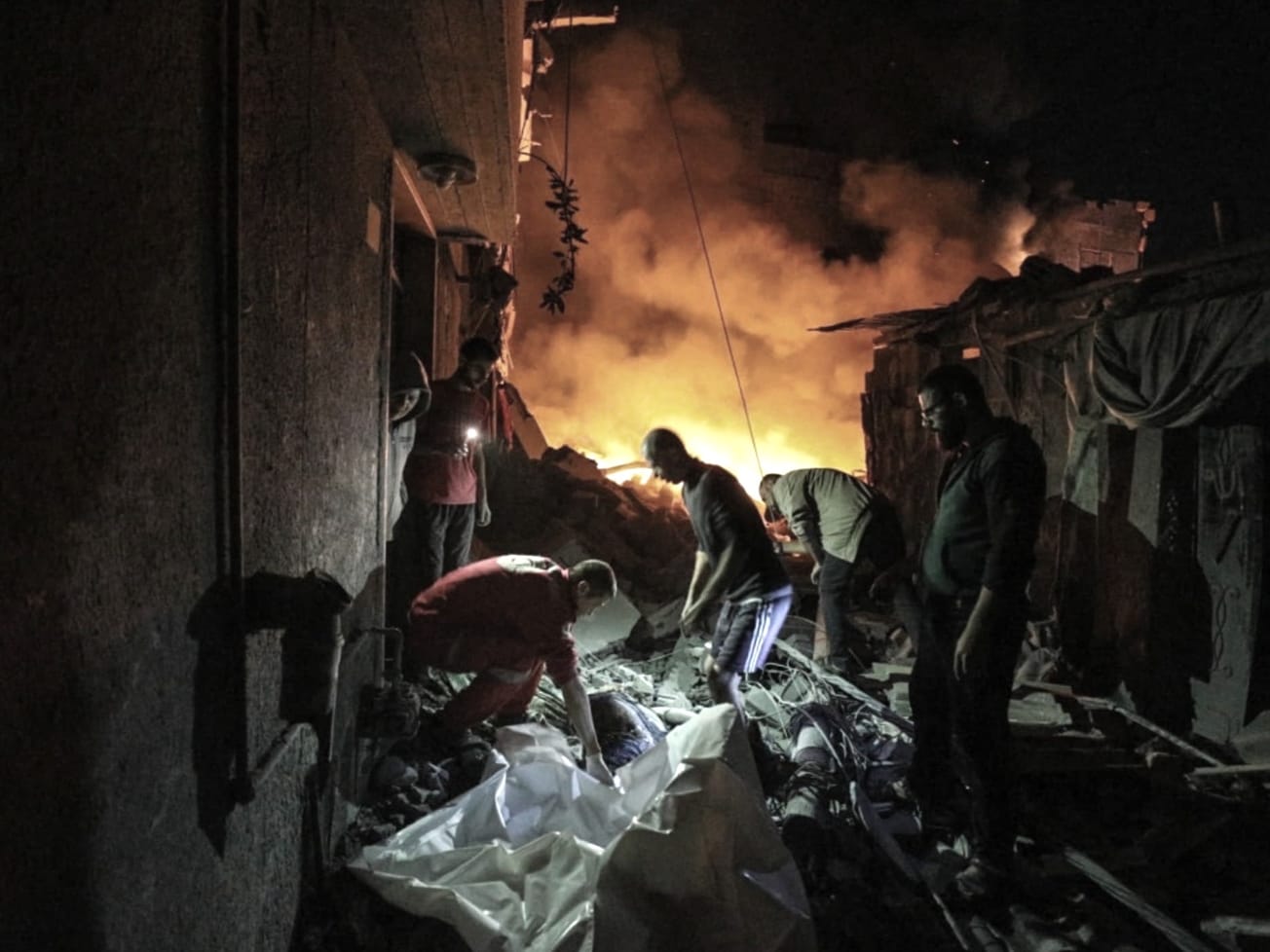The conflict between Israel and Hezbollah has escalated to the precipice of all-out war, stoking fears of a wider regional crisis. That could draw in Iran and throw the Middle East into chaos, officials and experts warn.
"We are on the eve of the war expanding," E.U. foreign policy chief Josep Borrell told reporters ahead of a foreign ministers' meeting in Luxembourg on Monday.









